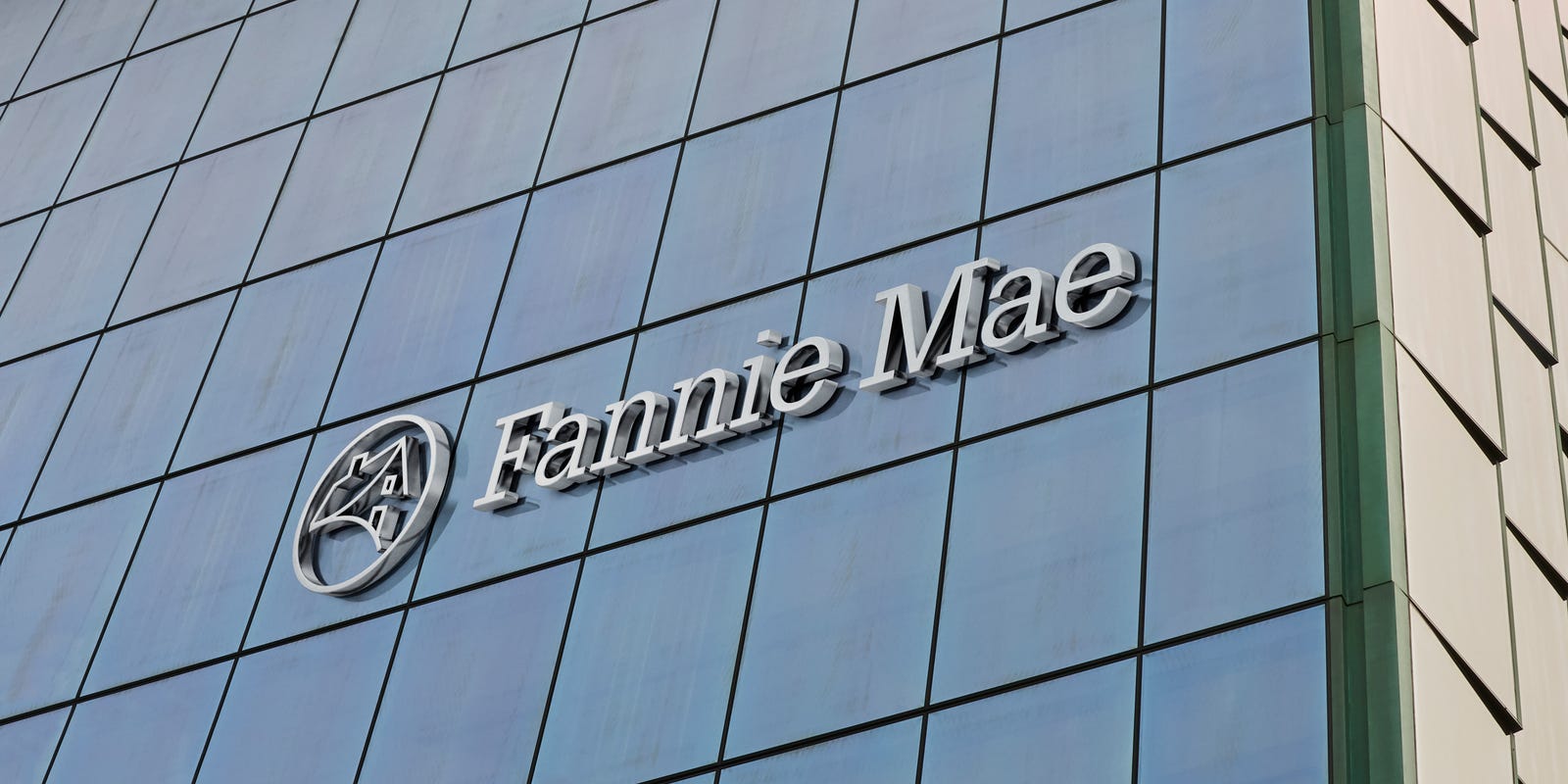
Mortgage interest rates in the United States have edged upward in recent weeks, reflecting a tightening financial environment and growing uncertainty over future policy decisions emanating from Washington, D.C. The increase in borrowing costs is placing additional pressure on homebuyers, especially as housing affordability remains a significant concern nationwide.
The upward movement in rates comes in the context of broader economic indicators signaling persistent inflation and a robust labor market, prompting the Federal Reserve to maintain a cautious stance on interest rate cuts. While the Fed does not directly set mortgage rates, its policies heavily influence bond yields and market expectations, which, in turn, affect the mortgage lending environment.
Analysts note that the climb in rates could continue if there is prolonged uncertainty about inflation management or federal spending initiatives. Political debates in Washington over fiscal policy, debt levels, and financial regulation may also contribute to volatile market conditions that impact mortgage pricing.
Higher mortgage rates are likely to slow the pace of the housing market, where affordability challenges have already caused a decline in buyer activity. According to Freddie Mac and Fannie Mae, even modest rate increases can significantly affect monthly payments, potentially pricing out first-time or lower-income buyers.
Industry experts advise prospective homeowners to monitor the financial landscape closely and consider locking in rates when favorable. As federal policymakers debate future fiscal strategies, the housing market stands at a pivotal point influenced both by economic fundamentals and legislative outcomes.
Source: https:// – Courtesy of the original publisher.








